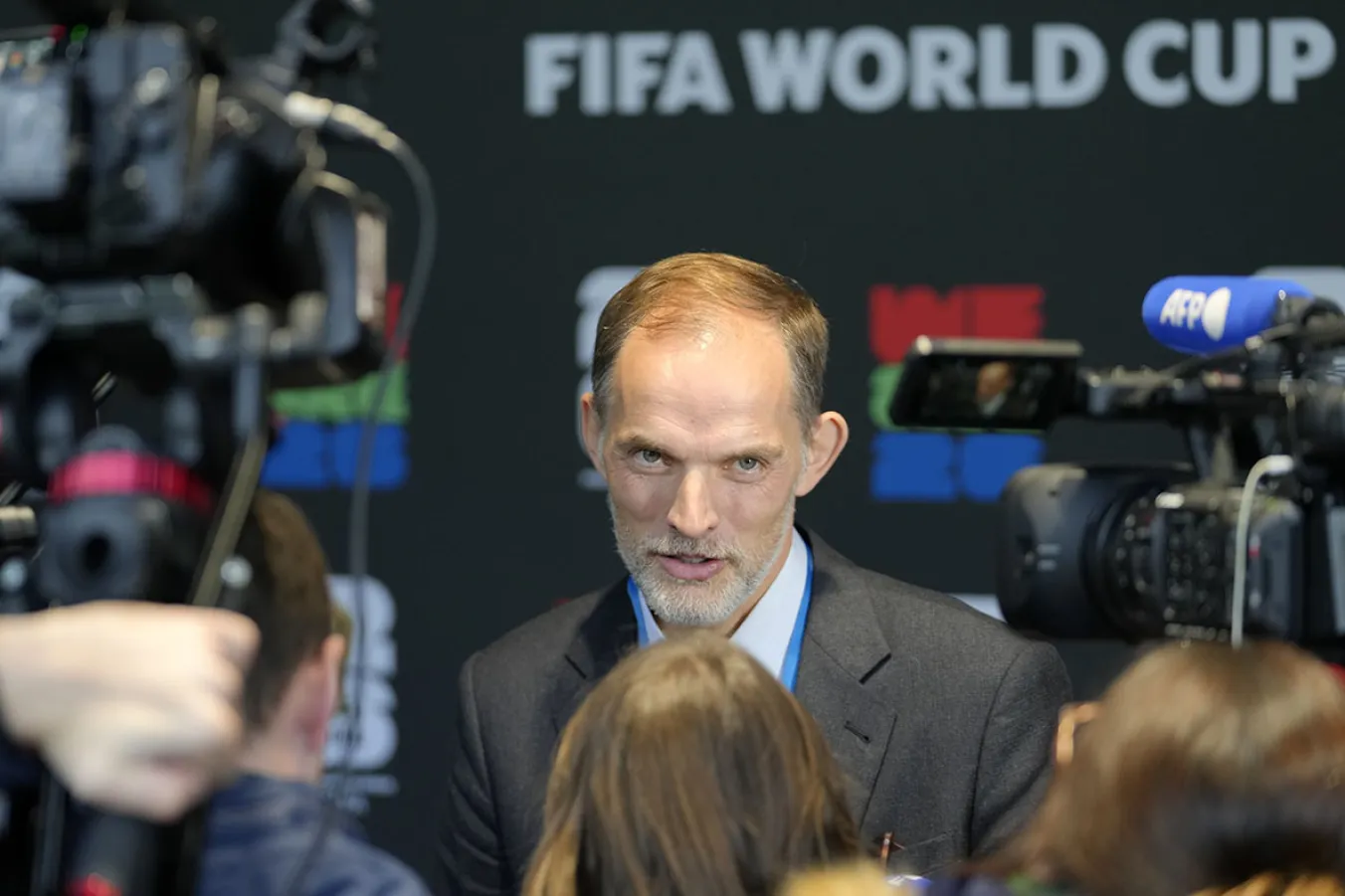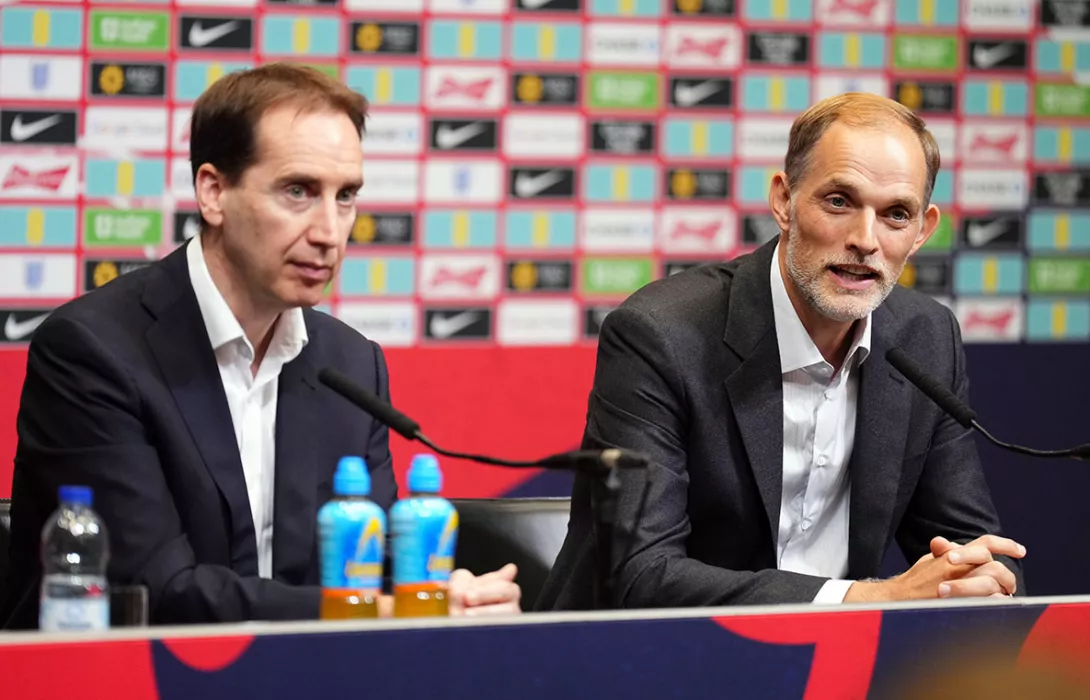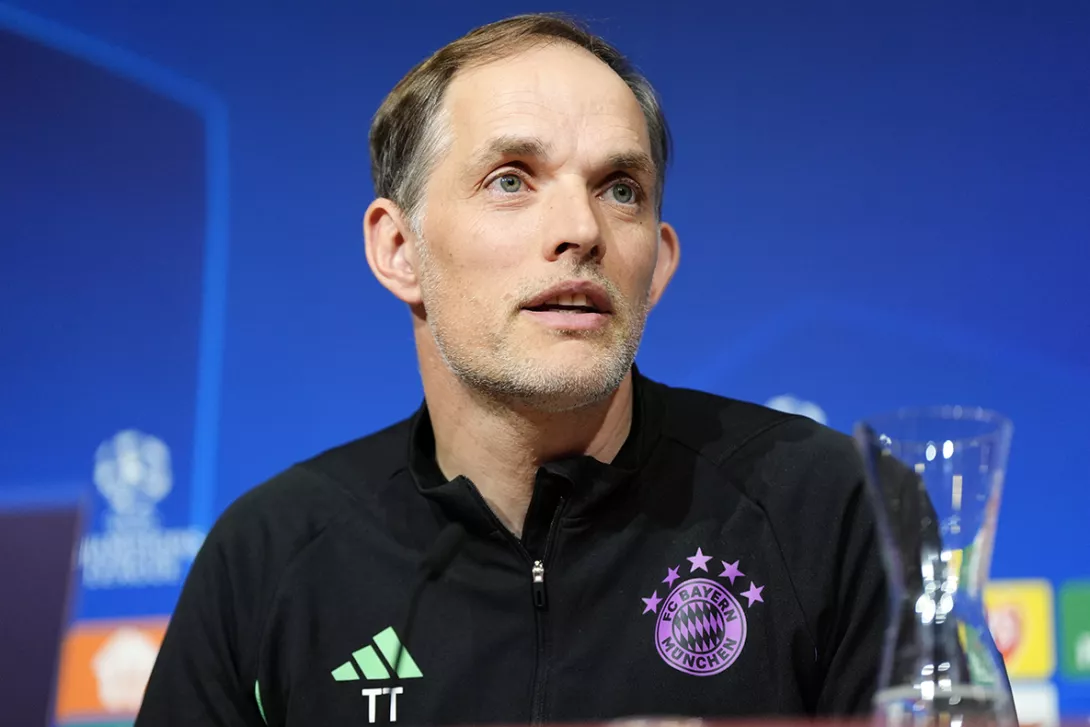Thomas Tuchel and the English Game

THE appointment of Thomas Tuchel as manager of the England men’s team has caused a stir.
It has been criticised as an abandonment of English football identity. A betrayal of St George and the English DNA forged at his football Park in Staffordshire.
Such criticism forgets how football developed as a global game in the first place, and national team football has always been open to positive international influences and the sharing of ideas beyond borders.
More from this author

JAMES NALTON writes how the Four Nations Face-Off brought with it extra political tensions and added a further competitive edge

JAMES NALTON analyses how Leigh shocked Wigan in extra time on Thursday night after the first 0-0 draw after 80 minutes in Super League history
Similar stories

England learn their opponents in preliminary draw for campaign’s kick off in March

JAMES NALTON writes how the Liverpudlian carried himself like a seasoned international against Greece in his senior debut for the Three Lions













